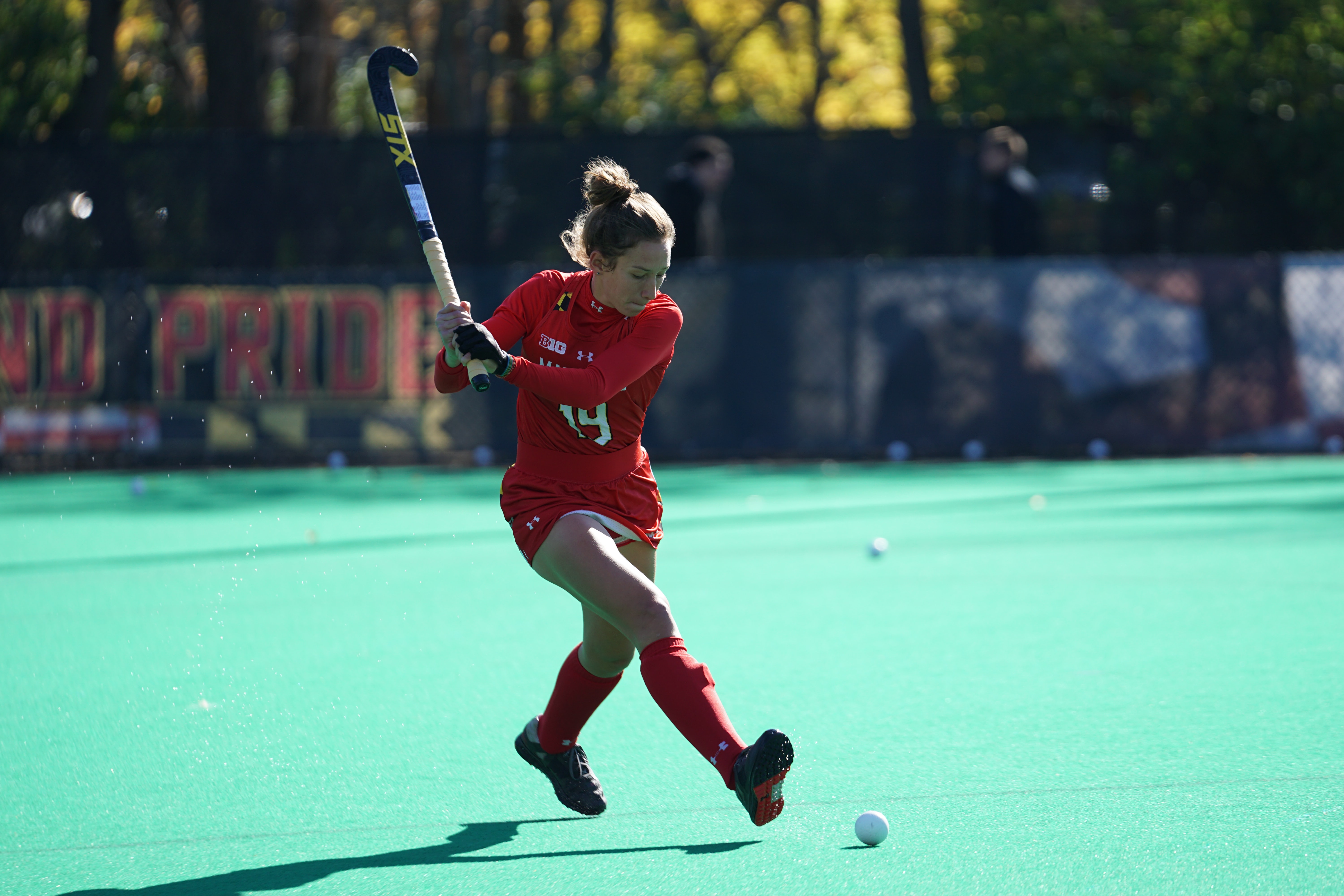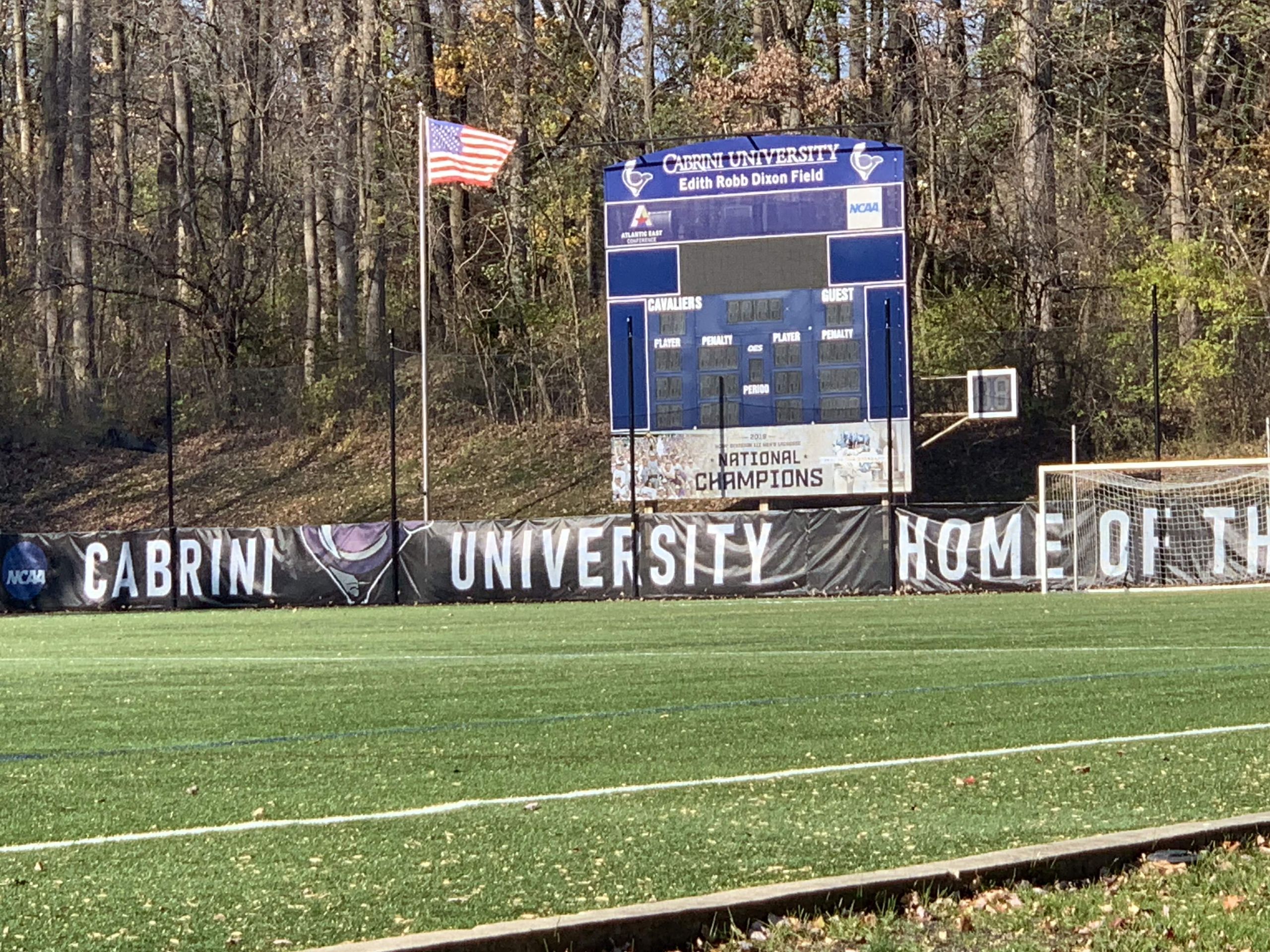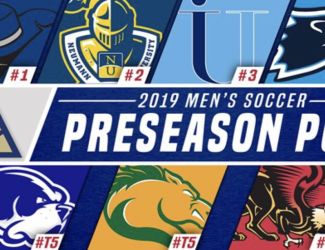With mental health getting more attention as a topic of conversation in recent years, the issue has been examined in how it applies to a variety of different groups. An organization called The Hidden Opponent is focused on one group in particular: student athletes.
The Hidden Opponent was created in 2019 by Victoria Garrick, who played as a four-year starter on the University of Southern California women’s volleyball team. According to the organization’s website, the name stems from Garrick’s 2017 TedxTalk, where she detailed her own experience with depression and anxiety.
Additionally, they have over 800 student athlete ambassadors called “campus captains” on over 500 campuses worldwide.
A hopeful message
Caroline Hassall, a goalkeeper on Cabrini’s women’s soccer team, is a campus captain for the school’s newly created chapter of The Hidden Opponent, serving alongside sophomore digital communications and social media major, Kyleigh Brunotte, and junior educational studies major, Oscar Bautz.

The creation of the chapter was motivated by a string of student athlete suicides that took place in a short span of time this past spring. “That became more of a motivation to push it,” Hassall said. “We talked about bringing it to Cabrini last spring, but it didn’t work out. Then we were able to sign up to be campus captains, and we got verified as a club.”
The Hidden Opponent’s main goal is to spread the message to people, athletes and non-athletes, that things like game performances and test scores don’t define who you are as a person. “The thing we say a lot is ‘you’re a human first, student second, and an athlete last’,” Hassall said.
Why it matters
An NCAA study found that 30 percent of the athletes surveyed felt “extremely overwhelmed”, with 25 percent feeling “mentally exhausted.”
This statistic can be traced back to the fact that student athletes juggle two major commitments, their schoolwork, and a full schedule of team practices and games.
“Assuming [athletes] have both athletic and school things during a day, it can involve more frequent needs to switch tasks. We know that process can be very mentally taxing, and we really can’t do two things at once,” Dr. Christopher Holland, assistant professor in Cabrini’s psychology department, said. “It leads to things like lower attention, difficulty concentrating, and remembering things, and a whole host of cognitive consequences.”
However, there are ways for student athletes to help manage their hectic schedules. “Having a strong support network in both areas, or someone who can bridge both areas, is very helpful,” Holland said. “They’ve got teammates for athletics, and hopefully a strong major support system for academics, but having someone in both could prove very helpful in helping cope with the stress.”
A bright future ahead
Being a new club on campus, The Hidden Opponent is looking toward hosting events. “Arcadia [University] is a really good example. They have a lot of different events, they post resources on social media, they’ll have in-person events where their campus captains will talk to student athletes,” Hassall said. “The Hidden Opponent has amazing presenters, like doctors, and Victoria Garrick, the founder. We’re trying to bring those events to Cabrini.”
The organization is looking for people to get involved. “Anybody can get involved. They don’t have to be an athlete,” Hassall said. “We’re trying to push for non-athletes to join, because Victoria

Garrick’s message applies to so many people, whether you’re an athlete or student. We would love for students, non-athletes, to get involved.”
Although mental health is widely talked about, there’s still work to be done. “I think that the more people you have involved in an organization like The Hidden Opponent, the more change will happen, and hopefully change will happen here,” Hassall said. “Things will get better for people, and [prioritizing] mental health will be more accepted.”






